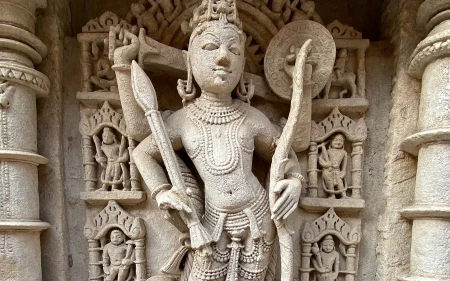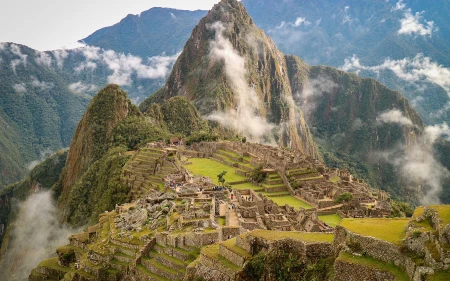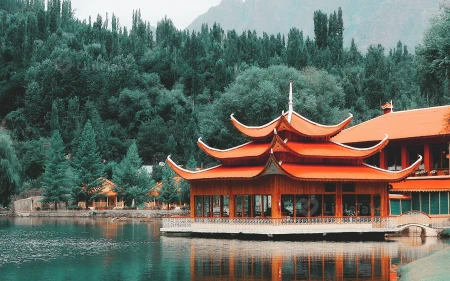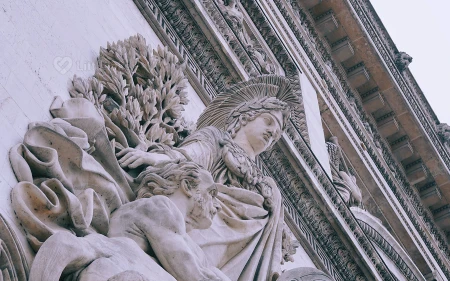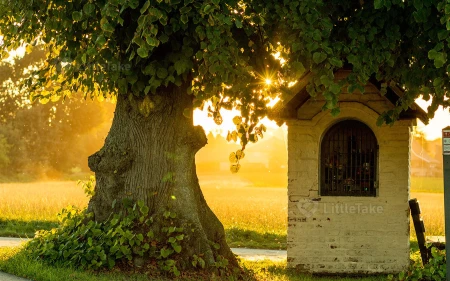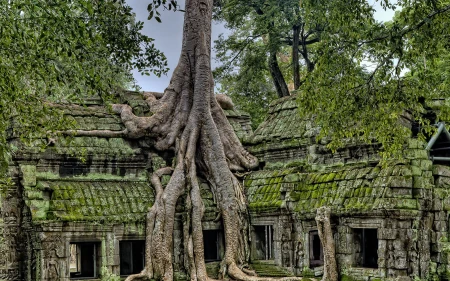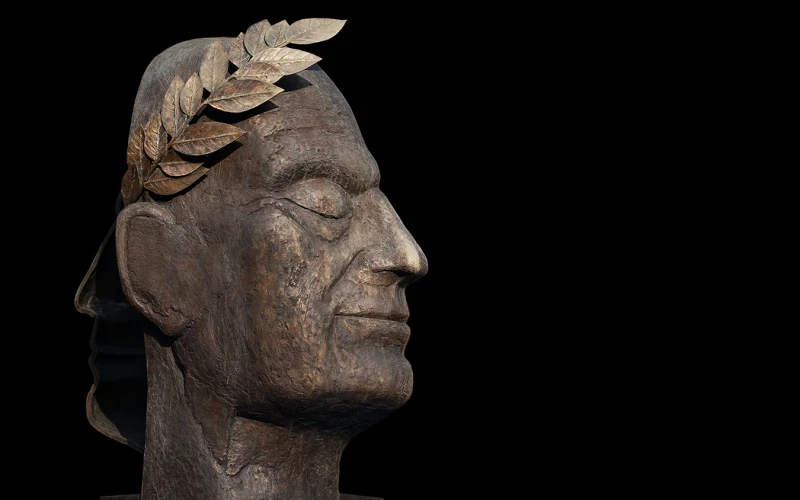
Cultural Anthropology: Human Connection
Imagine walking through the bustling streets of Tokyo, then suddenly finding yourself in the middle of the Amazon rainforest, surrounded by a completely different world. Cultural anthropology is the study of human societies and cultures, giving us a glimpse into the rich tapestry of human experiences that make up our planet. By exploring the fascinating realm of cultural anthropology, we can deepen our understanding of the human connection and our shared experiences as a species.
Why Cultural Anthropology Matters
At its core, cultural anthropology seeks to understand the diverse ways humans organize themselves and interact with one another. It examines the cultural, social, and psychological aspects of human societies, and in doing so, helps us appreciate the complex beauty of human experiences.
For instance, consider the global phenomenon of sports. From soccer in Brazil to kabaddi in India, sports bring people together, fostering a sense of community and shared identity. Cultural anthropology helps us understand not only the rules and rituals of these games but also the underlying values and social structures that shape the way people engage with them.
Exploring Different Cultures
- Weddings: From the vibrant colors of an Indian wedding to the elegant simplicity of a Japanese tea ceremony, weddings showcase the rich diversity of human customs and traditions.
- Food: Whether it's savoring spicy Thai cuisine or indulging in French pastries, exploring different cultures through food provides a delicious gateway to understanding the human connection.
- Language: The words we speak and the way we communicate hold a wealth of information about our cultural backgrounds and social values.
Real-Life Examples: How Cultural Anthropology Connects Us
Imagine attending a Holi festival in India, where people joyfully douse each other with vibrant colors, celebrating the arrival of spring. This ancient Hindu tradition symbolizes the triumph of good over evil and is a powerful reminder of our shared desire for happiness and harmony.
Or picture yourself in the heart of Africa, listening to the mesmerizing beat of the djembe, a traditional West African drum. As the rhythm pulses through your body, you feel connected not only to the music but also to the people who have played these instruments for centuries, passing down their cultural heritage through generations.
Final Thoughts
Cultural anthropology helps us appreciate the vast diversity of human experiences and fosters a sense of empathy and understanding. By exploring the different ways humans connect with one another, we can bridge the gaps between our cultures, build stronger relationships, and ultimately, create a more harmonious world.
So the next time you find yourself in an unfamiliar environment or interacting with someone from a different cultural background, take a moment to celebrate the rich tapestry of human experiences that make up our world. After all, our shared humanity is what makes us truly unique.













